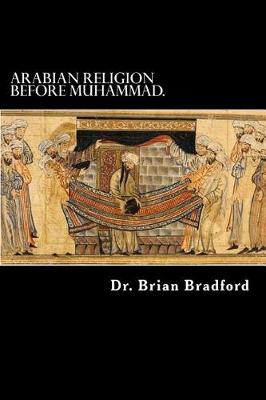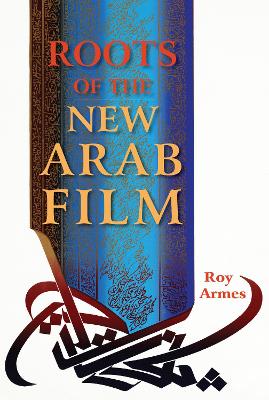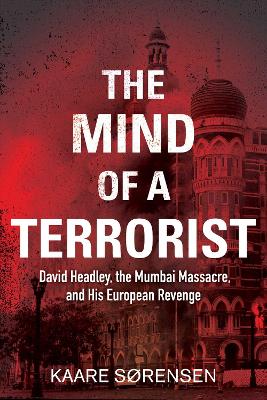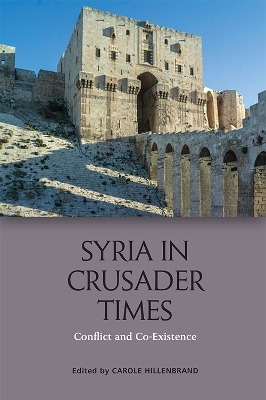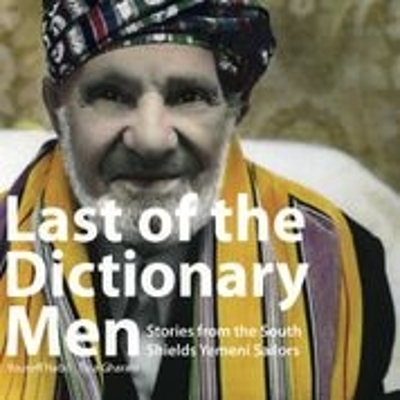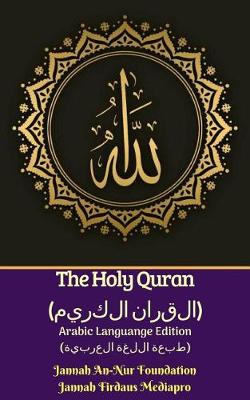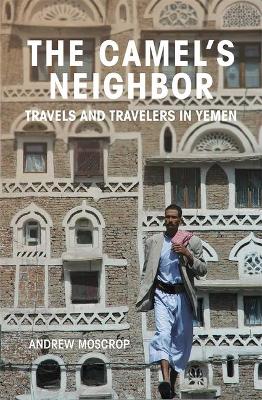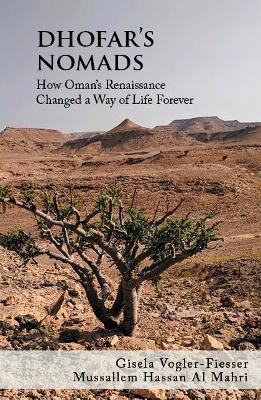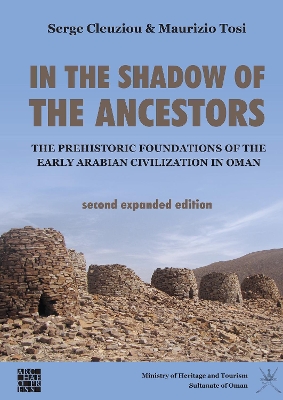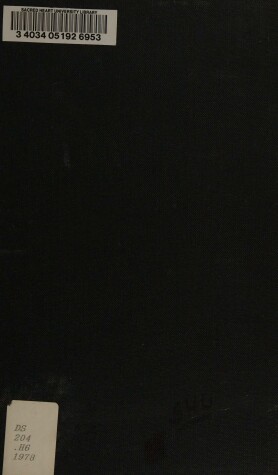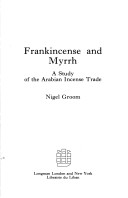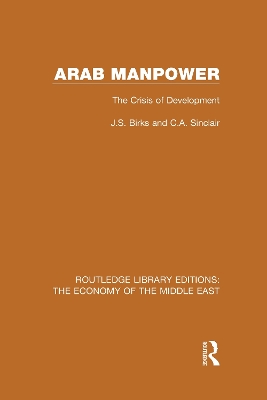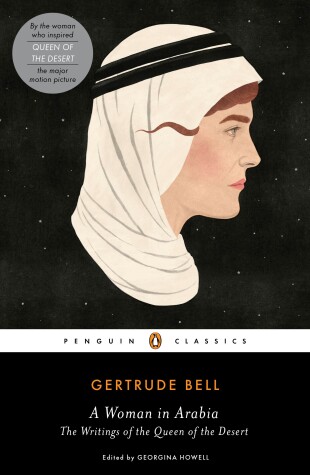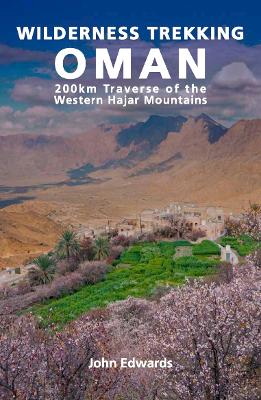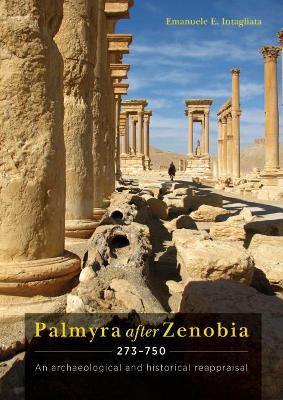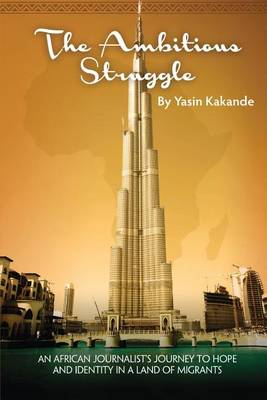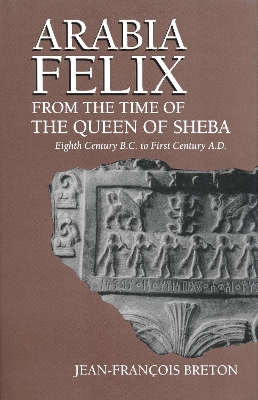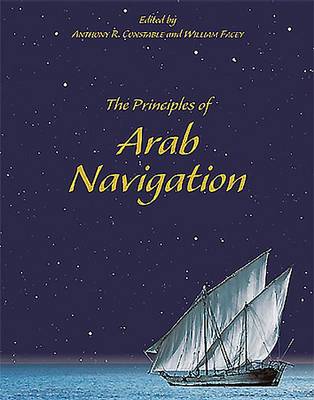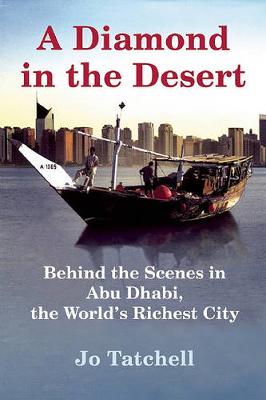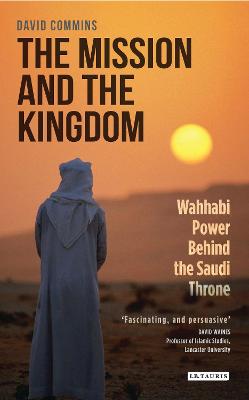Arabian Religion Before Muhammad and Surah 1-35 in Chronological order.
by Brian Bradford
Roots of the New Arab Film deals with the generation of filmmakers from across North Africa and the Middle East who created an international awareness of Arab film from the mid-1980s onwards. These seminal filmmakers experienced the moment of national independence first-hand in their youth and retained a deep attachment to their homeland. Although these aspiring filmmakers had to seek their training abroad, they witnessed a time of filmic revival in Europe – Fellini and Antonioni in Italy, the F...
Written with the pacing of a thriller, a veteran journalist's account of the terrorist behind the Mumbai attacks. David Headley, the American-Pakistani also known as Daood Gilani, lived a double life. One day he would stroll through Central Park in his tailored Armani suit as a true New Yorker, and the next he would browse in the bazaar in Lahore wearing traditional Pakistani clothes. One day he would drink champagne at the most extravagant clubs; on another he would prostrate himself in prayer...
Presenting numerous interconnected insights into life in Greater Syria in the twelfth century, this book covers a wide range of themes relating to Crusader-Muslim relations. Some chapters deal with various literary sources, including little-known Crusader chronicles, a jihad treatise, a lost Muslim history of the Franks, biographies, letters and poems. Other chapters look at material culture, from coins to urban development, internal relations between Sunni and Shi'ite Muslims and between Crusad...
Long a taboo topic, as well as one that has alarmed outside powers, sectarian conflict in the Middle East is on the rise. The contributors to this book examine sectarian politics in the Persian Gulf, including the GCC states, Yemen, Iran and Iraq, and consider the origins and con- sequences of sectarianism broadly construed, as it affects ethnic, tribal and religious groups. They also present a theoretical and comparative framework for understanding sectarianism, as well as country-specific chap...
The Holy Quran (القران الكريم) Arabic Languange Edition (طبعة اللغة العربية)
by Jannah Firdaus Mediapro and Jannah An Foundation
In the Shadow of the Ancestors: The Prehistoric Foundations of the Early Arabian Civilization in Oman
by Serge Cleuziou and Maurizio Tosi
The first edition of In the Shadow of the Ancestors (2007) was the first and only summary of decades of archaeological research in the Oman Peninsula. This second expanded had a long and winding journey toward publication. The passing away of Serge Cleuziou not long after the release of the first edition left Maurizio Tosi alone in completing this challenging enterprise. For this reason, and out of respect for his lifelong friend and colleague, he decided not to intervene too extensively on the...
Frankincense and Myrrh (Arab Background) (Arabic Islamic Studies)
by Nigel Groom
Arab Manpower (Routledge Library Editions: The Economy of the Middle East)
by J. S. Birks and C a Sinclair
The Arab world increasingly falls into two divisions, the capital-poor and the capital-rich countries (where capital means, in essence, oil). In the capital-rich countries shortage of labour is the chief constraint on growth. In the capital-poor countries analysis of the labour market is equally central, as shortage of labour compounds the already existing problem of shortage of capital. This book surveys the labour markets of the Arab world state by state, evaluating them by demand and supply a...
The writings of one of the great woman adventurers of the twentieth century - the 'female Lawrence of Arabia' - and the subject of a new film starring Nicole Kidman.In the last century, few people lived more astounding - or influential - lives than Gertrude Bell. During World War I, she worked her way up from spy to army major to become one of the most powerful woman in the British Empire. After the defeat of the Ottoman Empire, she was instrumental in drawing the borders that define the region...
This book casts light on a much neglected phase of the UNESCO world heritage site of Palmyra, namely the period between the fall of the Palmyrene ‘Empire’ (AD 272) and the end of the Umayyad dominion (AD 750). The goal of the book is to fill a substantial hole in modern scholarship - the late antique and early Islamic history of the city still has to be written. In late antiquity Palmyra remained a thriving provincial city whose existence was assured by its newly acquired role of stronghold...
Sheba, or Saba, is a region of high mountains and vast deserts situated in the southwest of the Arabian peninsula, in what is known today as Yemen. The mysteries and riches of Sheba and its people enticed the likes of Alexander the Great, the Emperor Augustus, and the kings of Ethiopia and Byzantium. From the 8th century to the 1st century BC, the kingdom of Sheba dominated other realms in Southern Arabia, imposing its language, institutions and artistic forms throughout the region. This book pr...
The Principles of Arab Navigation
Throughout History, the Indian Ocean has been a zone of interaction between far-flung civilizations served by ports, and connected with the Mediterranean by the Gulf and Red Sea. The shows that were the vehicles of commercial and cultural exchange over this vast expanse of ocean ranged from small craft rarely venturing out of sight of land, to cargo vessels carrying navigators skilled in the art of deep sea sailing. These Arab, Persian and Indian seamen used the seasonal monsoon winds, and appli...
Iranian Interference in Bahrain's Internal Affairs
by Dr. Omar Al-Hassan
Tatchell takes us on a tour of the city with an outlook that s part native, part critic, part wide-eyed traveler. The result is a truly original collage of perspectives and images, from a regal expatriate whose husband was one of the first Brits to settle in Abu Dhabi to young Emirati artists celebrating their newfound freedom of expression. A compelling piece of history told with an intimate narrative voice, A Diamond in the Desert is an eye-opening and often haunting perspective on just how mu...
In the wake of September 11th instant theories have emerged that try to root Osama Bin Laden's attacks on Wahhabism. Muslim critics have dismissed this conservative interpretation of Islam that is the official creed of Saudi Arabia as an unorthodox innovation that manipulated a suggestible people to gain political influence. David Commins' book questions this assumption. He examines the debate on the nature of Wahhabism, and offers original findings on its ascendance in Saudi Arabia and spread t...
